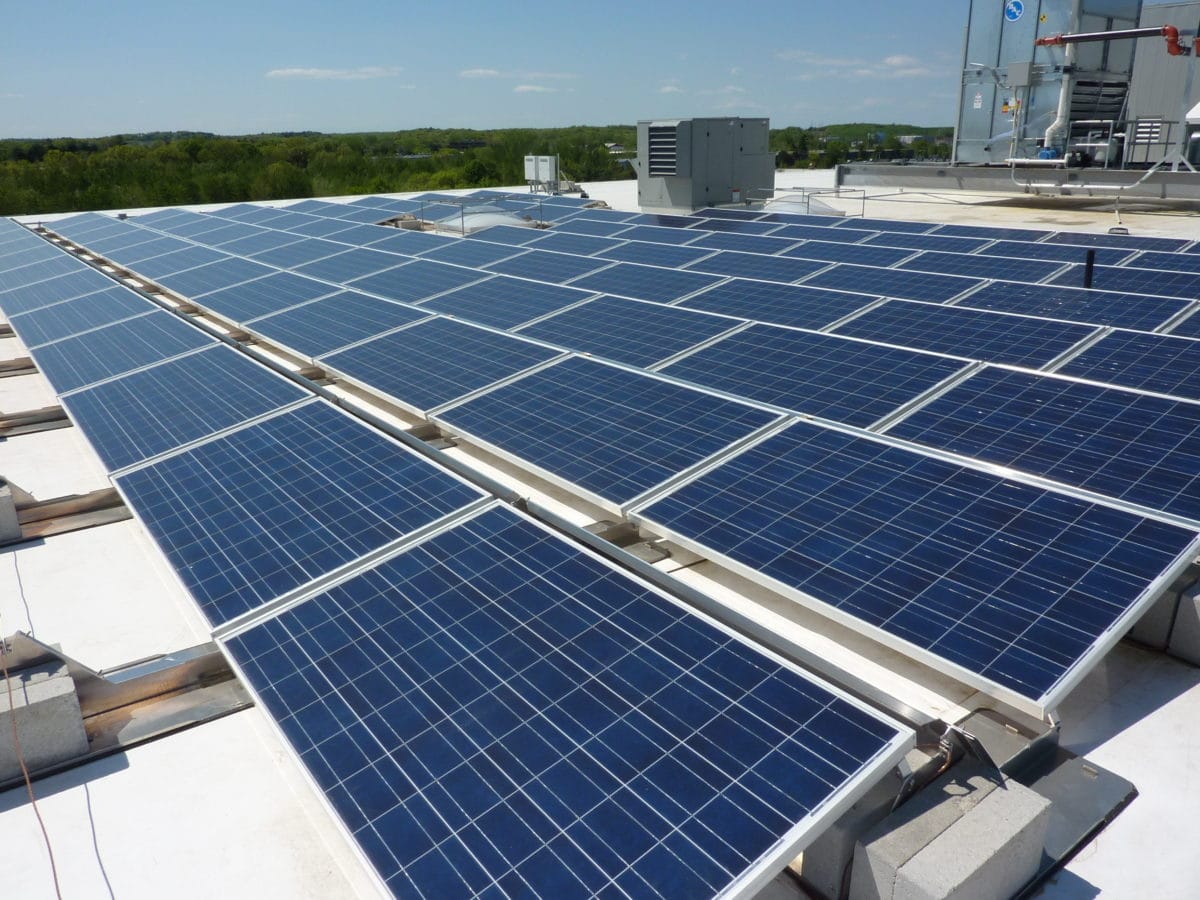The Nigerian state of Lagos will aim to install 600 MW of commercial and industrial (C&I) rooftop solar as part of a bid to reach 1 GW of solar capacity this decade.
State minister for energy and mineral resources, Olalere Odusote, has revealed how the regional authority and the World Bank foresee the breakdown of the 1 GW ambition. Citing a need to invest between $350 million and $700 million in 500 MW of rooftop solar by mid 2027, Odusote said 200 MW of the 1 GW total would be in the form of residential arrays, with the same figure expected on government buildings.
The state of Lagos and the World Bank discussed the plans at a recent workshop. The C&I solar is expected to be owned by leasing companies, with households and public bodies owning their own systems.
The Agasa News reported this week that there is an 83% shortfall between demand and supply of grid electricity in Lagos state, amounting to 33 TWh to 43 TWh. The article said Odusote had described rooftop solar as “one of the potential solutions being considered” to bridge the grid shortfall.
The workshop reportedly concluded the necessary finance for the rooftop arrays would come in the form of grants, equity investment, and cheap loans, provided by donor bodies, equity investors, and commercial lenders.
The International Renewable Energy Agency estimates that Nigeria had just 33 MW of grid-connected solar generation capacity at the end of 2021.
This content is protected by copyright and may not be reused. If you want to cooperate with us and would like to reuse some of our content, please contact: editors@pv-magazine.com.




1 comment
By submitting this form you agree to pv magazine using your data for the purposes of publishing your comment.
Your personal data will only be disclosed or otherwise transmitted to third parties for the purposes of spam filtering or if this is necessary for technical maintenance of the website. Any other transfer to third parties will not take place unless this is justified on the basis of applicable data protection regulations or if pv magazine is legally obliged to do so.
You may revoke this consent at any time with effect for the future, in which case your personal data will be deleted immediately. Otherwise, your data will be deleted if pv magazine has processed your request or the purpose of data storage is fulfilled.
Further information on data privacy can be found in our Data Protection Policy.